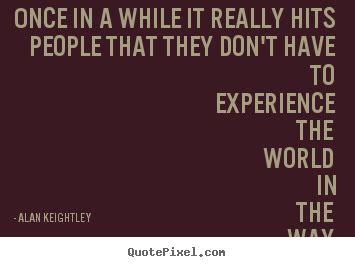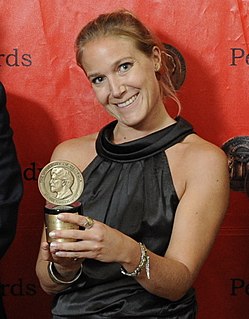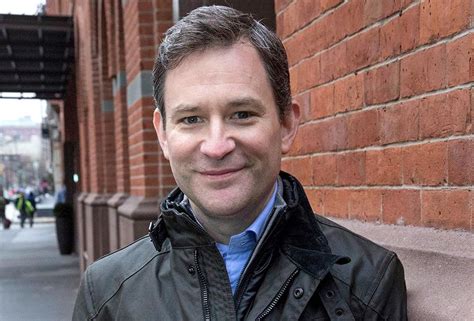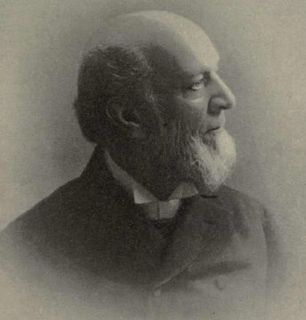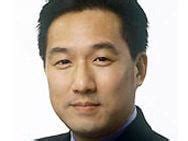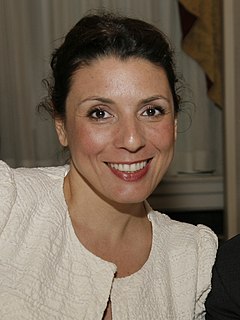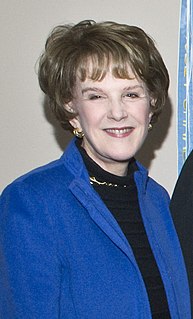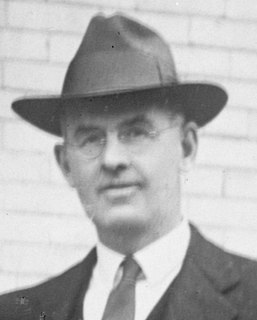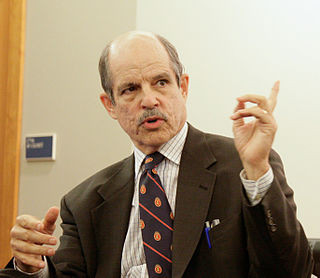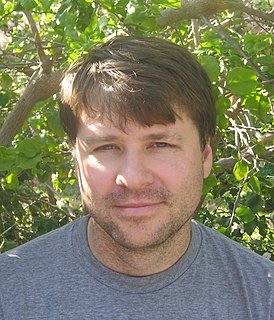Цитата Сынсана
Если вы думаете, вы не можете понять Дзен. Все, что можно написать в книге, все, что можно сказать, — все это мышление. . . но если вы читаете с умом, отсекшим всякое мышление, тогда книги дзен, сутры и Библии — вся правда. Таков лай собаки или крик петуха. Все вещи учат вас в каждое мгновение, и эти звуки учат даже лучше, чем книги Дзэн.
Связанные цитаты
Американская собака говорит: «Гав, гав». Корейская собака говорит: «Мунг, мунг». Польская собака говорит: «Как, как». Итак, какой собачий лай правильный? Это лай людей, а не «собачий» лай. Если собака и вы станете на сто процентов одним целым, то вы узнаете звук лая. Это учение дзен. Бум! Стать одним.
Ни о чем не думать — это дзен. Когда вы знаете это, ходите, стоите, сидите или лежите, все, что вы делаете, — это дзен. Знать, что ум пуст, значит видеть будду... Использование ума для реальности — заблуждение. Неиспользование ума для поиска реальности и есть осознание. Освобождение от слов есть освобождение.
Так что самое сложное — это всегда сохранять ум новичка. Нет необходимости иметь глубокое понимание дзен. Несмотря на то, что вы прочитали много дзэнской литературы, вы должны читать каждое предложение на свежую голову. Вы не должны говорить: «Я знаю, что такое дзен» или «Я достиг просветления». Это также настоящий секрет искусства: всегда будь новичком. Будьте очень осторожны с этим пунктом. Если вы начнете практиковать дзадзэн, вы начнете ценить ум своего новичка. Это секрет практики дзен.
Дзэн стремится дисциплинировать сам ум, сделать его своим собственным хозяином посредством проникновения в его истинную природу. Это проникновение в истинную природу собственного ума или души является фундаментальной целью дзэн-буддизма. Таким образом, дзен — это больше, чем медитация и дхьяна в их обычном смысле. Дисциплина дзэн состоит в том, чтобы открыть ментальный глаз, чтобы заглянуть в саму причину существования.
Иметь дзен — значит находиться в состоянии чистого ощущения. Это значит освободиться от хватки понятий, видеть сквозь них. Это не то же самое, что отказаться от концептуального мышления. Мысли и слова существуют в мире и так же естественны, как цветы. Поэтому ошибочно думать, что дзен антиинтеллектуален.
Основная идея дзэн состоит в том, чтобы соприкоснуться с внутренней работой нашего существа и сделать это самым непосредственным образом, не прибегая ни к чему внешнему или дополнительному. Поэтому все, что имеет подобие внешнего авторитета, отвергается дзэн. Абсолютная вера находится в собственном внутреннем существе человека. Ибо какой бы авторитет ни был в дзэн, все исходит изнутри.







